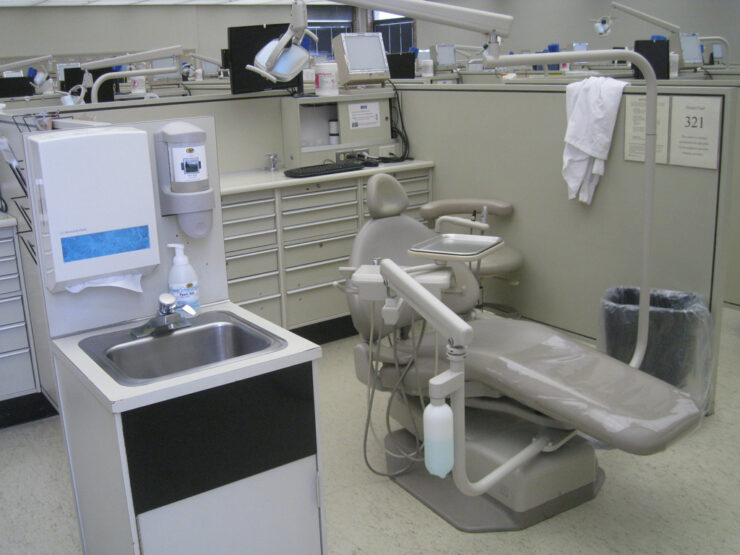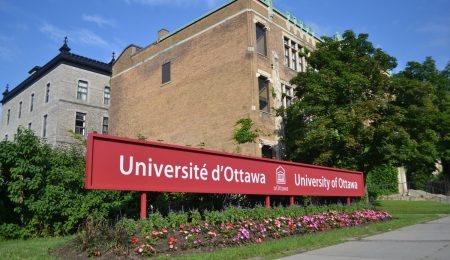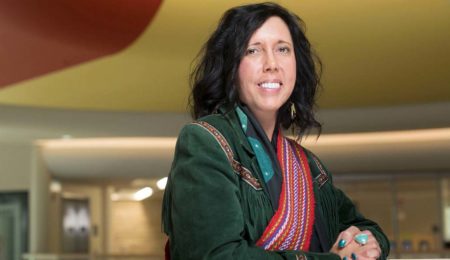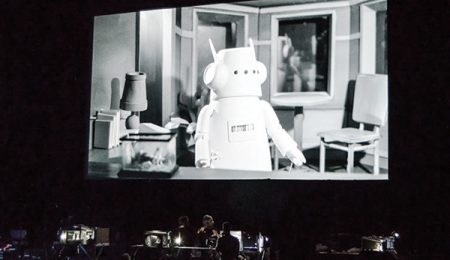Healthcare funding is available, so let’s put it to good use
The Government of Canada has spent $110,000 so far fighting a legal battle against Josey Willier, a 17 year old from Sacker Creek First Nation, to avoid paying the $6,000 to cover the cost of her braces.
Willier had to take medicine daily to manage chronic pain from her impacted teeth. Orthodontists recommended she get braces immediately to avoid the need for corrective surgery. It’s absurd that our tax dollars went to pay for a court case that cost over 18 times the cost of her braces. This money came from us and Canadians should be outraged. Government dollars should not be spent denying children health care.
Generally, dental care is not covered by provincial health benefits but since Willier is First Nations, she has access to a Health Canada fund called the Non-Insured Health Benefits Program (NIHB). The program covers certain health care costs for First Nations people that aren’t covered by the province.
It’s through this program that Willier’s mother, Stacey Shiner, applied for funding for her daughter and was refused. The government subsequently spent the $110,000 fighting Shiner in the Supreme Court where, in May of this year, she lost the case.
But the major issue is that this case is not unique. First Nations Canadians are regularly denied services simply because of who they are. First Nations child services are underfunded by an estimated 22 per cent relative to non-First Nations services, and First Nations schools receive 30 per cent less funding than provincial schools. When it comes to the NIHB program, 80 per cent of claims submitted in 2015-16 were denied immediately. Canadians should not accept a healthcare program with such a low acceptance rate. This isn’t an elite social club. People’s well-beings are at stake.
In Willier’s case, the government denied her application because they did not consider her situation to be severe enough. Immediate treatment was viewed as not essential and therefore deemed her braces a preventative, but unnecessary measure. This is what First Nations seeking health care often hear from the government, that the funding is available, but that they are not suffering enough to deserve it.
It’s worth noting that in many other situations, the government has made exceptions in order to save taxpayer money, such as in the case of Omar Khadr, or to save face as in the case of Karen Talosig. For some reason, when it’s a First Nations child in pain, exceptions can’t be made so readily.
This does not reflect well on a government that can’t stop talking about how committed they are to reconciliation. If Prime Minister Trudeau wants to continue to frivolously spend our tax dollars fighting children’s access to medical care, he could at least have the decency to stop pretending that he cares about the original caretakers of this country.





